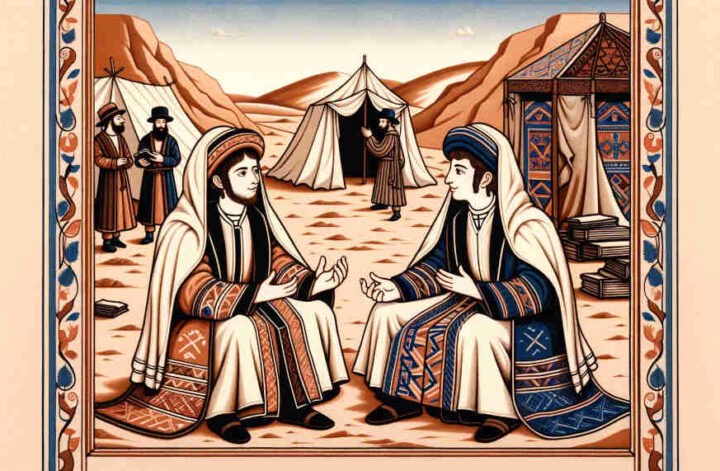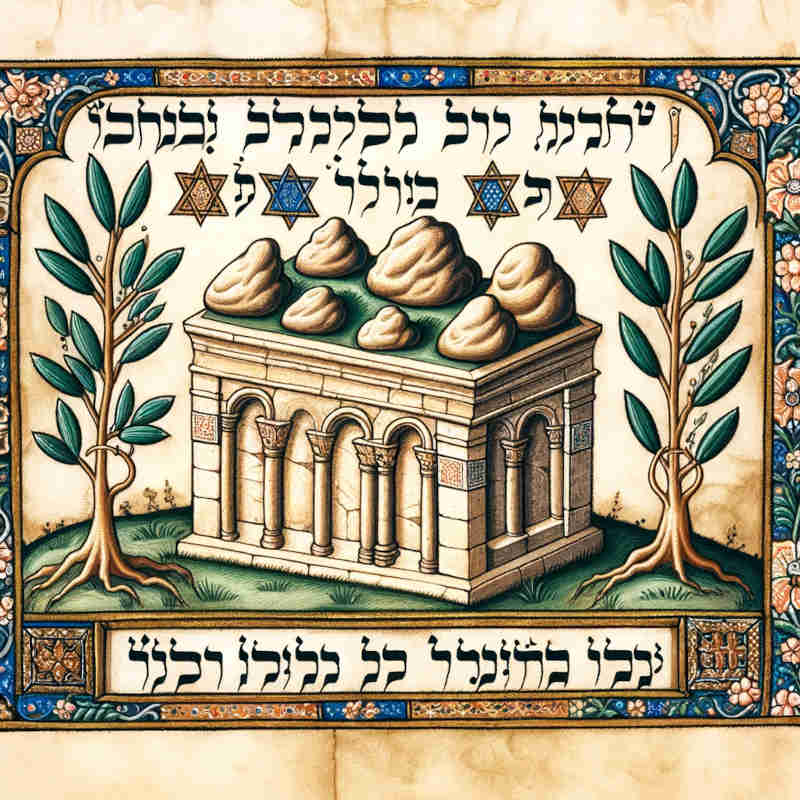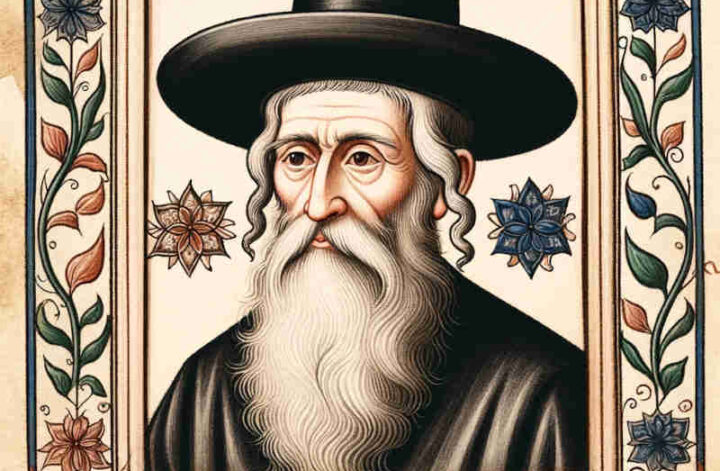Exploring Linguistic Diversity Among Jews
Email from Emily Harris: “Dear Rabbi Joshua, I’m curious about the Jewish culture and was wondering, what language do Jews speak? Is there a specific language that all Jews speak?”
Response from Rabbi Joshua
Shalom Emily, it’s delightful to hear of your interest in Jewish culture and language. Jews around the world speak a variety of languages, influenced by their diverse geographical and historical backgrounds.
Hebrew: The Language of Jewish Liturgy and Israel
Hebrew is the traditional language of the Jewish people and the language of Jewish liturgy. It is also the official language of the State of Israel. Ancient Hebrew was spoken by the Israelites in biblical times, and Modern Hebrew is the revived form of the language, spoken by millions in Israel and by Jewish communities globally.
Yiddish and Ladino: Languages of the Jewish Diaspora
Throughout history, Jews have spoken the languages of the countries where they lived. Yiddish, which developed among Ashkenazi Jews in Central and Eastern Europe, was once the spoken language of millions of Jews and remains in use in some communities today. Sephardic Jews, originating from Spain and Portugal, historically spoke Ladino, a language derived from Old Spanish, which is still maintained by some communities.
Other Jewish Languages
There are other languages and dialects with Jewish variants, such as Judeo-Arabic, Judeo-Persian, and others, that have been spoken by Jews historically and reflect the broad dispersion and cultural integration of Jewish communities around the world.
Jews and Multilingualism
In contemporary times, Jews speak the languages of their respective countries, such as English in the United States and the United Kingdom, Russian in Russia and parts of the former Soviet Union, French in France, and so on. Many Jews are multilingual, often speaking the language of their host country and Hebrew, Yiddish, or another Jewish language.
Conclusion
Emily, there isn’t a single language that all Jews speak; rather, there is a rich tapestry of linguistic heritage that mirrors the diasporic nature of Jewish history. Hebrew remains the unifying language of Jewish religious life and the national language of Israel, playing a significant role in Jewish identity.
If you have further questions or interests in Jewish culture and languages, please feel free to reach out.
Warm regards,
Rabbi Joshua


